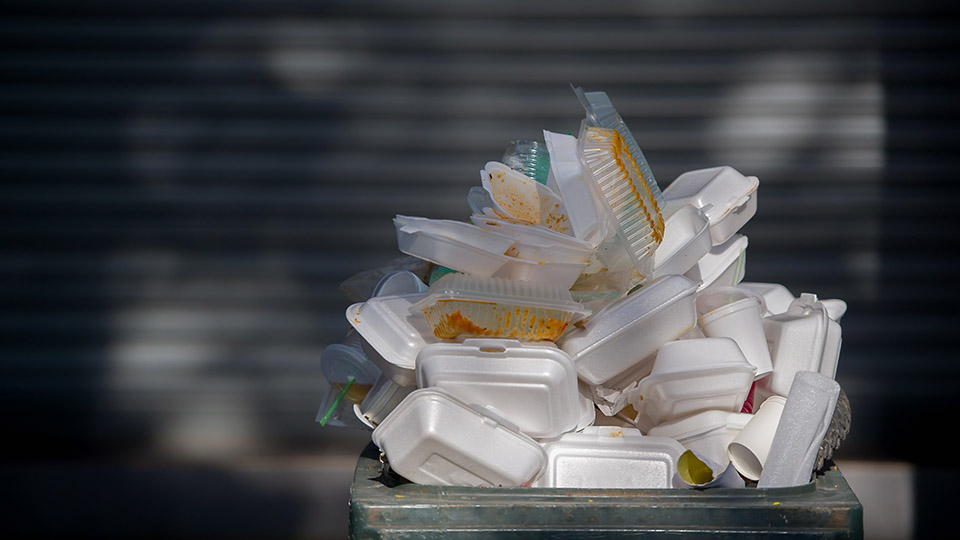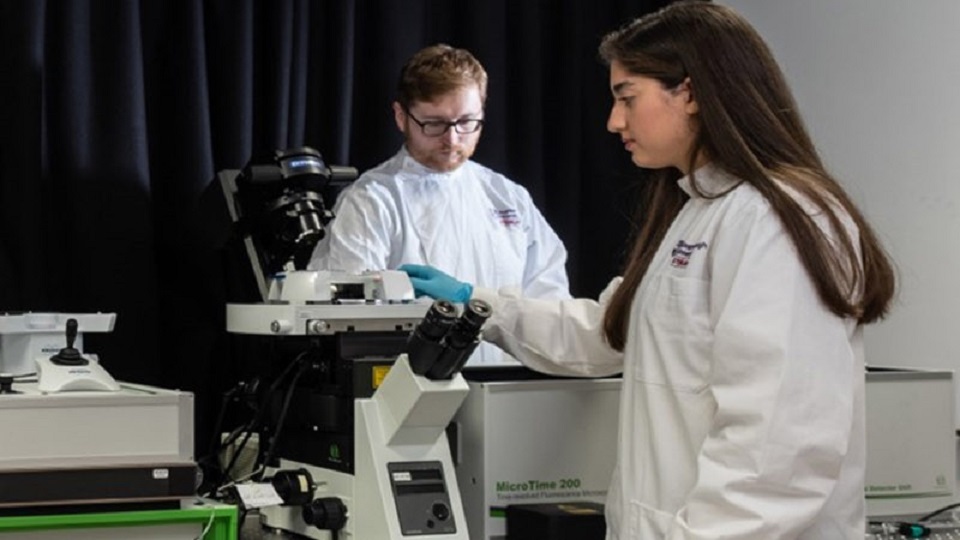Manufacturing and Materials for Net Zero
We are developing and implementing innovative manufacturing processes and materials that support the transition to net-zero carbon emissions.
Our goal is to create a sustainable manufacturing technology and materials that minimizes environmental impact while meeting the growing demand for industries.
Our research focuses on decarbonising manufacturing, green chemistry, renewable materials, antifouling coatings for sustainable marine transportation, recycling of metal chips, addressing microplastic pollution, low-friction materials, and anti-icing technologies.
Our research aims
Our research goal is to minimise the environmental impact of chemical production and use while enhancing efficiency and sustainability.
Developing energy-efficient, agile manufacturing processes
Our work has attracted significant external funding, including from the Midlands Industrial Ceramics Group (MICG), of which Loughborough University is a founding member.
MICG has secured £18.27 million in Government funding through UK Research and Innovation’s flagship Strength in Places Fund (SIPF). Combined with industrial partner investment, this creates a £42.1 million program designed to position the Midlands as a global hub for advanced ceramics.
The project focuses on developing energy-efficient, agile manufacturing processes, offering the UK ceramics sector a competitive advantage and providing state-of-the-art training for the next generation of skilled workers.
Additionally, the programme establishes an integrated platform for digitally intuitive manufacturing, enabling the UK to lead in adapting to Industry 4.0.
Decarbonisation of marine transportation
We also collaborate with marine industries and manufacturing companies to advance the decarbonisation of marine transportation and promote materials recycling, fostering a circular economy approach.
Areas of research
Our activities encompass a broad spectrum of applications, including, but not limited to:
- Decarbonising manufacture for functional ceramics
- Renewable materials
- Green Chemistry
- Tackling marine fouling to reduce CO2 emissions
- Materials recycling
- Microplastic pollution
- Low friction materials
- Anti-icing materials


